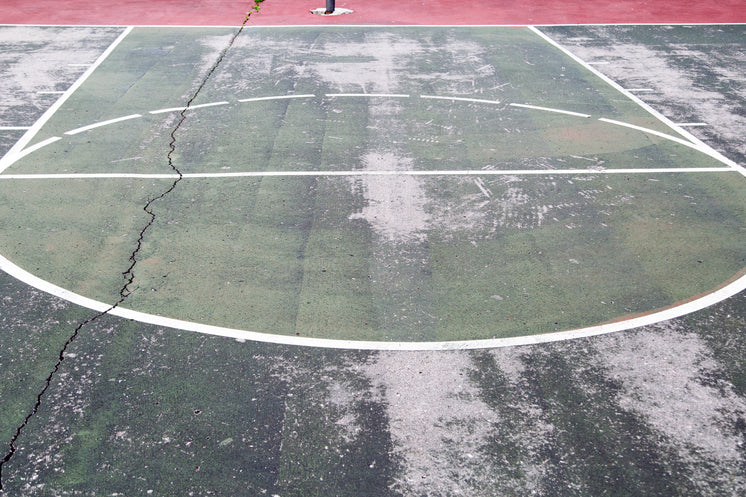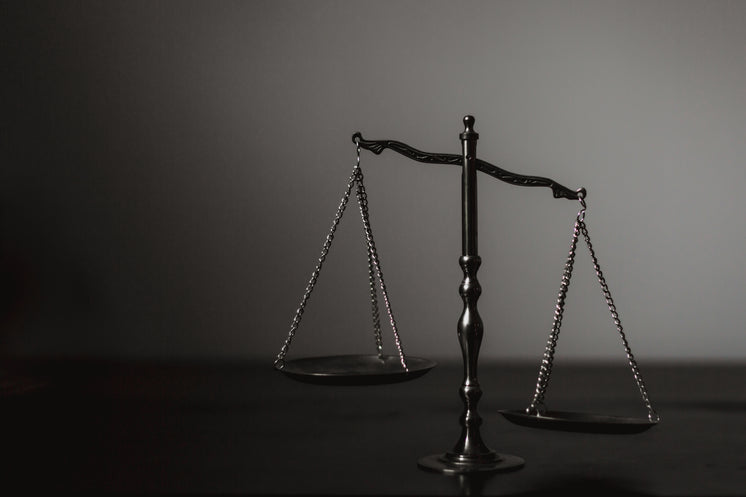dorieblodgett4
About dorieblodgett4
The administration of law courts in the United Kingdom is an essential part of the country’s judicial system.
In addition to criminal cases, mistakes happen in civil court as well. Legal misinterpretations in family law, contract disputes, or property cases can result in financial losses, emotional distress, or prolonged litigation. In family courts, for instance, there have been instances where courts failed to protect vulnerable individuals due to misjudging the severity of abuse allegations or prioritizing procedure over safety.
 Forensic science errors have also led to wrongful convictions. In some instances, courts have relied on expert testimony that was later discredited. The case of Sally Clark, a mother wrongly convicted of killing her two children based on flawed medical evidence, is a tragic example. The expert witness’s statistical miscalculations were later condemned, but only after Clark had served years in prison and suffered tremendous personal trauma.
Forensic science errors have also led to wrongful convictions. In some instances, courts have relied on expert testimony that was later discredited. The case of Sally Clark, a mother wrongly convicted of killing her two children based on flawed medical evidence, is a tragic example. The expert witness’s statistical miscalculations were later condemned, but only after Clark had served years in prison and suffered tremendous personal trauma.
 The Lord Chief Justice of Northern Ireland is the head of the judiciary and is responsible for ensuring the efficient operation of the courts and upholding judicial standards. The judiciary plays a critical role in maintaining public trust and enforcing the rule of law.
The Lord Chief Justice of Northern Ireland is the head of the judiciary and is responsible for ensuring the efficient operation of the courts and upholding judicial standards. The judiciary plays a critical role in maintaining public trust and enforcing the rule of law.
The Special Criminal Court is a unique institution in Irish law. It allows certain cases to be tried by judges without a jury, particularly where jury intimidation is a concern. While it has been praised for tackling gangland crime, it has also been criticised by human rights groups who argue that it circumvents the right to a jury trial.
In the jurisdiction of England and Wales, the court structure consists of a range of levels. At the base are the Magistrates’ Courts and County Courts. Magistrates’ Courts deal with less serious crimes, while County Courts handle non-criminal cases such as family matters.
While the UK prides itself on having a robust legal system, mistakes do happen—and their consequences can be devastating. From wrongful convictions to procedural blunders, the impact of legal errors is felt by individuals, families, and society as a whole.
Technology and digitisation have brought improvements but also new risks. Errors in digital evidence, lost documentation, or cyber mishaps can have serious consequences. If you liked this posting and you would like to receive much more information about law directory submission kindly take a look at the web site. For example, data mix-ups or incorrect record entries can affect sentencing or bail conditions.
One of the most controversial aspects of court funding in the UK has been the cuts to the Ministry of Justice’s budget in recent years. Since 2010, the UK government has implemented a series of cuts to public services, including the judiciary. As a result, the Ministry of Justice has had to make difficult decisions about how to allocate resources to the courts. These cuts have led to delays in proceedings, with many courts facing staff reductions and diminished support services. As the UK’s court system struggles with these financial pressures, there have been growing concerns that access to justice is being undermined.
Above the High Court and Crown Court is the Court of Appeal, which is divided into the Civil Division and the Criminal Division. Appeals are reviewed from lower courts and sets legal principles that are binding on lower courts. At the top of the hierarchy is the Supreme Court of the United Kingdom, which is the highest court of appeal in civil and criminal cases for all parts of the UK, except for criminal cases in Scotland.
The judiciary in the United Kingdom must continue to evolve, not only to prevent mistakes but to respond swiftly and compassionately when they occur. Justice is not just about punishment or resolution—it’s about truth, accountability, and restoring trust when the system fails.
Reforms have been proposed and, in some cases, implemented to address these issues. These include better training for judges and lawyers, the use of independent forensic experts, greater transparency in family courts, and improved oversight of police investigations. Additionally, legal commentators continue to call for strengthening the CCRC, expanding access to legal aid, and introducing mechanisms for quicker review of potentially unsafe convictions.
In recent years, the UK court system has undergone updates to improve access to justice, including the expansion of online hearings, digital case management, and alternative dispute resolution methods. These changes have helped to update the justice process and ease pressure on the courts.
Legal access for citizens in Ireland is supported by a legal aid system, which provides assistance to those who cannot afford legal representation. The Legal Aid Board oversees civil legal aid, while criminal legal aid is administered through the Department of Justice.
Irish judiciary also interacts with the European Union legal framework. EU law is directly applicable in Ireland, and Irish courts are obligated to interpret domestic law in line with EU treaties and regulations. The Court of Justice of the European Union (CJEU) in Luxembourg acts as the final arbiter in matters of EU law.
No listing found.

